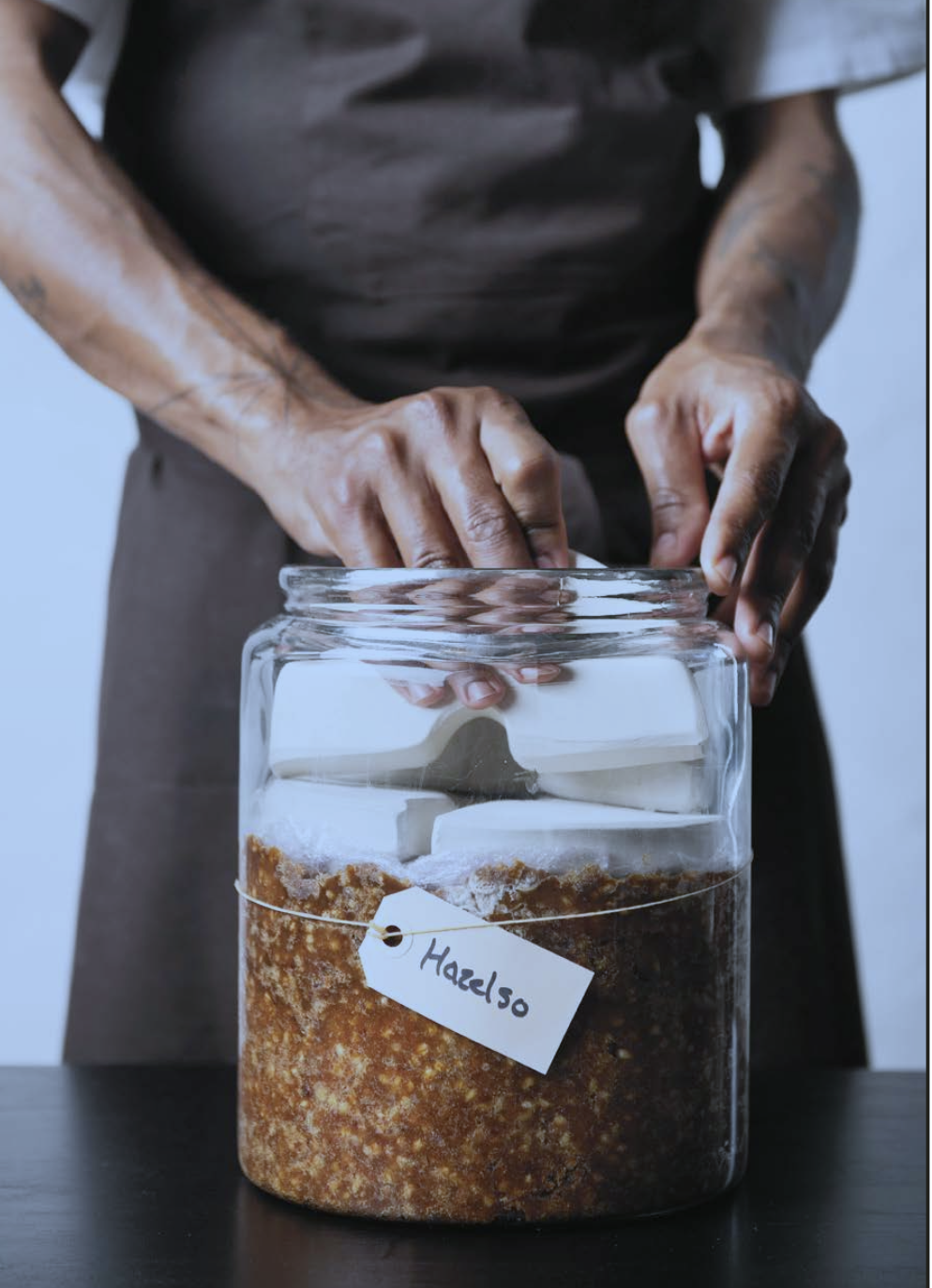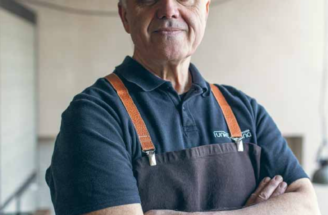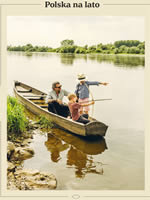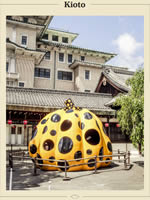You probably know what I’m going to ask you?
What is fermentation?
The conversion of sugar into alcohol?
Almost. Fermentation is the conversion of one ingredient into another ingredient using microorganisms.
How did it happen that man discovered it for himself?
Once in the lab, we showed visitors a clip of elephants eating marula fruit that had fallen from the tree and fermented. The elephants love it and get completely drunk on it. So, if animals: elephants, giraffes or monkeys can enjoy the effects of fermentation – even though they don’t even understand what the process is about – then humans in a similar sense must have been doing it for a long time. Micro-organisms live beside us, in us and on us. It is difficult to say unequivocally how and when we were able to discover this unusual form of symbiosis to start processing food with the help of microorganisms. However, it was certainly not just about making tasty food.
Did processed foods keep us alive?
Of course! Let us go back in time. Suppose I am a barbarian living in what is now Germany, trying to resist the Romans. I have a field of cabbage, the frost is starting to take hold and I have to do something with the cabbage to get it through the winter. I harvest it and add some salt water – but only to one pile, because I didn’t have enough brine for the other. And when I inspect the cabbage a few months later, I find that the salted one is not only fit to eat, but also tasty and nutritious. And the other one has rotted and will most likely lead me to perdition. This is how ways of preserving food, and therefore survival, were encountered. Nature has created micro-organisms that try to survive and overcome others that threaten their existence. But it is in us humans that these micro-organisms have found a foothold. We have discovered ways to use them and have learned to live with them. That’s why I think fermentation is a whole philosophy. No trend or gimmick, it is the foundation of our civilisation.
A very deep foundation…
Yes, because it concerns ‘recipes’ that created themselves, as it were. And they still function today. Does anyone know when kimchi was invented? Or wine? Yes, archaeologists are finding evidence of their existence centuries ago, such as the remains of wine on clay pots. But it would be naive to think that these were “the first times” they were made. Recipes were passed down from generation to generation. In different corners of Japan you will find different soy pastes. It’s the same with Italian salami. Or with French cheeses – the whole world is full of such micro-worlds with specific fermentation methods, different in every place on earth. People knew that they had to keep things clean with these processes in order for everything to work and produce the desired results.
Today we know that bacteria and yeast are behind these processes. Since when?
Since the late 19th century and the research of Louis Pasteur, who laid the foundations of microbiology. Before that, it was common to believe in the so-called self-generation theory, according to which flies were supposed to be born from rotting meat and mice from old rags abandoned in the corner. For some reason, no one thought that these mice were crawling out of rags because they probably found food there. This is not to say that people did not notice the fermentation process. They knew that such a thing existed, that liquids left in vessels sometimes change, start to foam, bubble. This is, incidentally, where the word ‘fermentation’ comes from – from the Latin verb ferveo, meaning ‘to boil’. However, they could not explain this mysterious process; they referred to it by a term associated with boiling.

Share this entry on Facebook or copy link












































